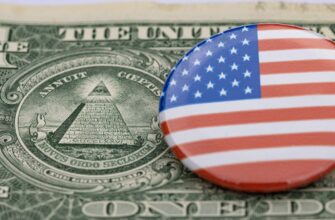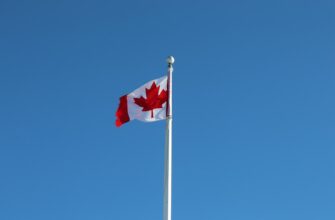Understanding Crypto Taxation in Washington State
Washington State has emerged as a hub for crypto enthusiasts, but its tax rules can be tricky to navigate. Unlike most states, Washington does not impose a personal income tax, but it does enforce taxes on cryptocurrency under specific circumstances. Whether you’re trading, mining, or spending crypto, here’s what you need to know to stay compliant.
How Washington State Taxes Cryptocurrency
While Washington lacks a traditional income tax, it applies the following to crypto transactions:
- Capital Gains Tax: A 7% tax applies to profits exceeding $250,000 from the sale of cryptocurrencies (effective since 2022).
- Sales Tax: Using crypto to purchase goods/services triggers sales tax (6.5% state rate + local taxes).
- Business & Occupation (B&O) Tax: Crypto businesses (e.g., exchanges, miners) pay B&O tax on gross receipts.
Reporting Crypto on Washington State Taxes
Follow these steps to avoid penalties:
- Track all transactions (buys, sells, swaps, income).
- Calculate federal taxable income (e.g., capital gains, mining rewards).
- File IRS Form 8949 and Schedule D for federal reporting.
- Report capital gains over $250K on Washington DOR forms.
Common Crypto Tax Mistakes to Avoid
- Ignoring small transactions or airdrops.
- Miscalculating cost basis after crypto-to-crypto trades.
- Overlooking B&O tax obligations for mining/trading businesses.
Washington State Crypto Tax FAQ
Q: Do I owe state taxes if I hold crypto without selling?
A: No—unless you earned crypto as income or sold it for a profit over $250K.
Q: How is staking taxed in Washington?
A: Rewards are taxable as income federally; no state tax unless sold for a capital gain over $250K.
Q: Are NFTs taxed differently?
A: Yes—sales may incur capital gains tax, and purchases using crypto include sales tax.
Q: What if I can’t pay my crypto tax bill?
A: Contact the WA DOR immediately to set up a payment plan and avoid penalties.
Always consult a tax professional to address your specific situation. For updates, visit the Washington Department of Revenue.








